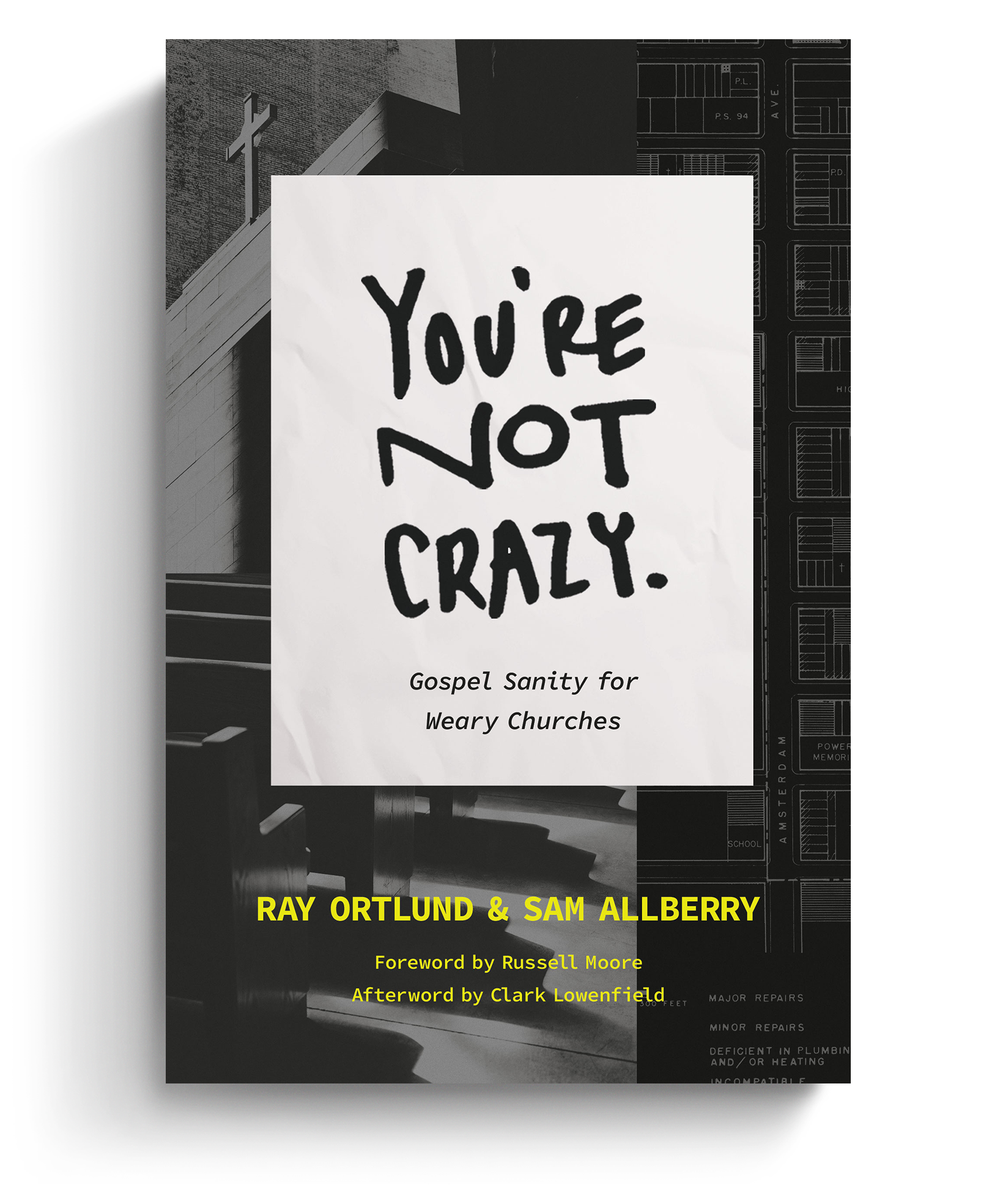The new April 2019 issue of Themelios has 210 pages of editorials, articles, and book reviews. It is freely available in three formats: (1) PDF, (2) web version, and (3) Logos Bible Software.
- Brian J. Tabb | Editorial: Themelios Then and Now: The Journal’s Name, History, and Contribution. Tabb explains that Themelios does not prize theological abstraction but biblically faithful, rigorous scholarship that seeks to magnify Christ as the church’s one foundation and presses to ask for the church today, “So what?”
- Daniel Strange | Strange Times: Sad Solo. Strange reflects on the acclaimed film Free Solo and the deeper worldview questions it poses regarding human achievement, meaning, and relationship.
- Andrew Wilson | The Continuation of the Charismata. Wilson first defines the scope of the debate over whether or not Christians today should earnestly desire spiritual gifts, especially prophecy. He then offers three key arguments for the charismatic position and concludes by raising and responding to the strongest argument for cessationism.
- Thomas R. Schreiner | A Response to Andrew Wilson. Schreiner argues that all NT prophecy functioned as foundational and authoritative for the early church and contends that what continuationists today call prophecy should be identified as impressions instead.
- Thomas R. Schreiner | It All Depends Upon Prophecy: A Brief Case for Nuanced Cessationism. Schreiner defends a nuanced cessationist position on spiritual gifts, focusing particularly on the nature of prophecy. He reasons that NT prophecy is infallible and inerrant like OT prophecy and concludes that this sort of prophecy no longer exists today since the church’s doctrinal foundation has been laid once for all.
- Andrew Wilson | A Response to Tom Schreiner. While substantially agreeing with Schreiner’s exegesis, Wilson notes key disagreements regarding his characterization of NT prophecy and tongues and concludes, against Schreiner, that believers today should heed Paul’s call to earnestly desire to prophesy.
- Richard M. Blaylock | Towards a Definition of New Testament Prophecy. After surveying various scholarly positions and analyzing key biblical texts, Blaylock defines NT prophecy as a human act of intelligible communication that is rooted in spontaneous, divine revelation and is empowered by the Holy Spirit, so that prophecy consists in human speech or writing that can be attributed to the members of the Godhead and that always carries complete divine authority.
- Vern S. Poythress | The Boundaries of the Gift of Tongues: With Implications for Cessationism and Continuationism. Poythress explains that speaking in tongues potentially includes three subcategories: (1) known language, (2) unknown language, and (3) language-like utterance. He reasons that each of these categories can occur in fallible or infallible form and concludes that it is possible to hold a cessationist view of inspiration (no more infallible utterances) and a continuationist view with respect to noninspired forms.
- Ben C. Dunson | Biblical Words and Theological Meanings: Sanctification as Consecration for Transformation. Dunson concludes that biblical terminology for sanctification, while indeed definitive in nature, is also integrally connected in the Bible with the process of spiritual transformation begun at conversion. He then reflects on how the doctrine of sanctification can and should hold together both definitive and progressive dimensions.
- Lydia McGrew | Finessing Independent Attestation: A Study in Interdisciplinary Biblical Criticism. McGrew analyzes claims by biblical scholars that an event or saying in the Gospels is independently attested and reasons that such appeals must be alleged and supported more carefully. Her study illustrates the need for cross-disciplinary interaction in biblical criticism.
- Michael Allen | Disputation for Scholastic Theology: Engaging Luther’s 97 Theses. Allen unpacks the anthropological and soteriology teaching of Martin Luther’s diatribe “against scholastic theology” in his 97 Theses of September 1517. He clarifies the precise nature the reformers’ objections to scholasticism and concludes by charting a set of four protocols for systematic or scholastic theology today, so as to reconfigure the intellectual practice as an exercise in intellectual asceticism or discipleship that is part of the broader process of the sanctification of human reason.
- Old Testament | 8 reviews
- New Testament | 9 reviews
- History and Historical Theology | 6 reviews
- Systematic Theology and Bioethics | 5 reviews
- Ethics and Pastoralia | 10 reviews
- Mission and Culture | 7 reviews
Are You a Frustrated, Weary Pastor?
 Being a pastor is hard. Whether it’s relational difficulties in the congregation, growing opposition toward the church as an institution, or just the struggle to continue in ministry with joy and faithfulness, the pressure on leaders can be truly overwhelming. It’s no surprise pastors are burned out, tempted to give up, or thinking they’re going crazy.
Being a pastor is hard. Whether it’s relational difficulties in the congregation, growing opposition toward the church as an institution, or just the struggle to continue in ministry with joy and faithfulness, the pressure on leaders can be truly overwhelming. It’s no surprise pastors are burned out, tempted to give up, or thinking they’re going crazy.
In ‘You’re Not Crazy: Gospel Sanity for Weary Churches,’ seasoned pastors Ray Ortlund and Sam Allberry help weary leaders renew their love for ministry by equipping them to build a gospel-centered culture into every aspect of their churches.
We’re delighted to offer this ebook to you for FREE today. Click on this link to get instant access to a resource that will help you cultivate a healthier gospel culture in your church and in yourself.
































